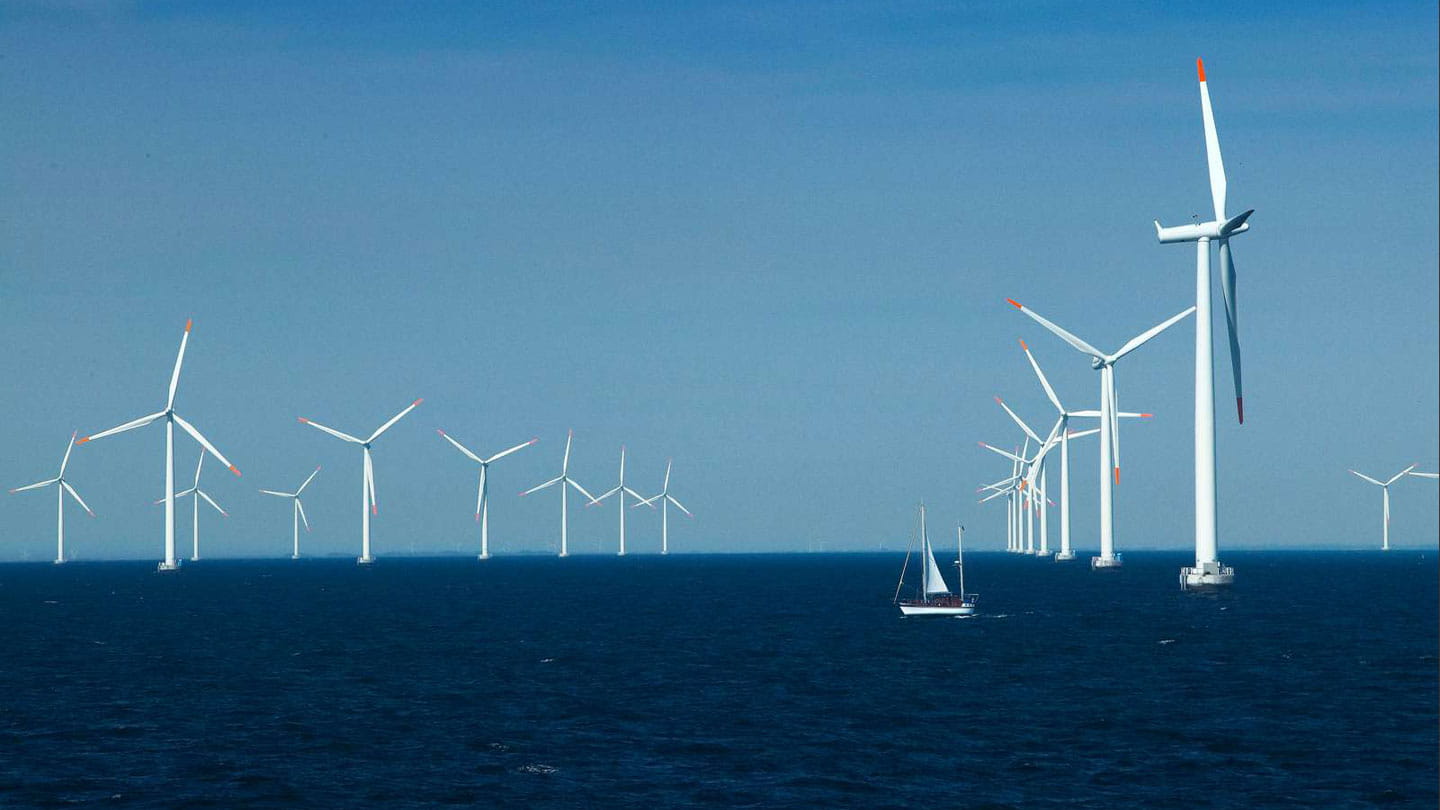The build-out of renewable energy is the critical lever in how we take climate action. And the green build-out, with sustainability at its heart, holds unprecedented opportunities to create growth in economies, revitalise local communities, and have a net-positive impact on biodiversity. We're hard at work to realize this vision. And while we don't have all the answers, we're keen to share what we learn and discover.
Partnering with ARK Nature to pioneer Marine Rewilding
Combining urgent efforts on climate and biodiversity
Read more





